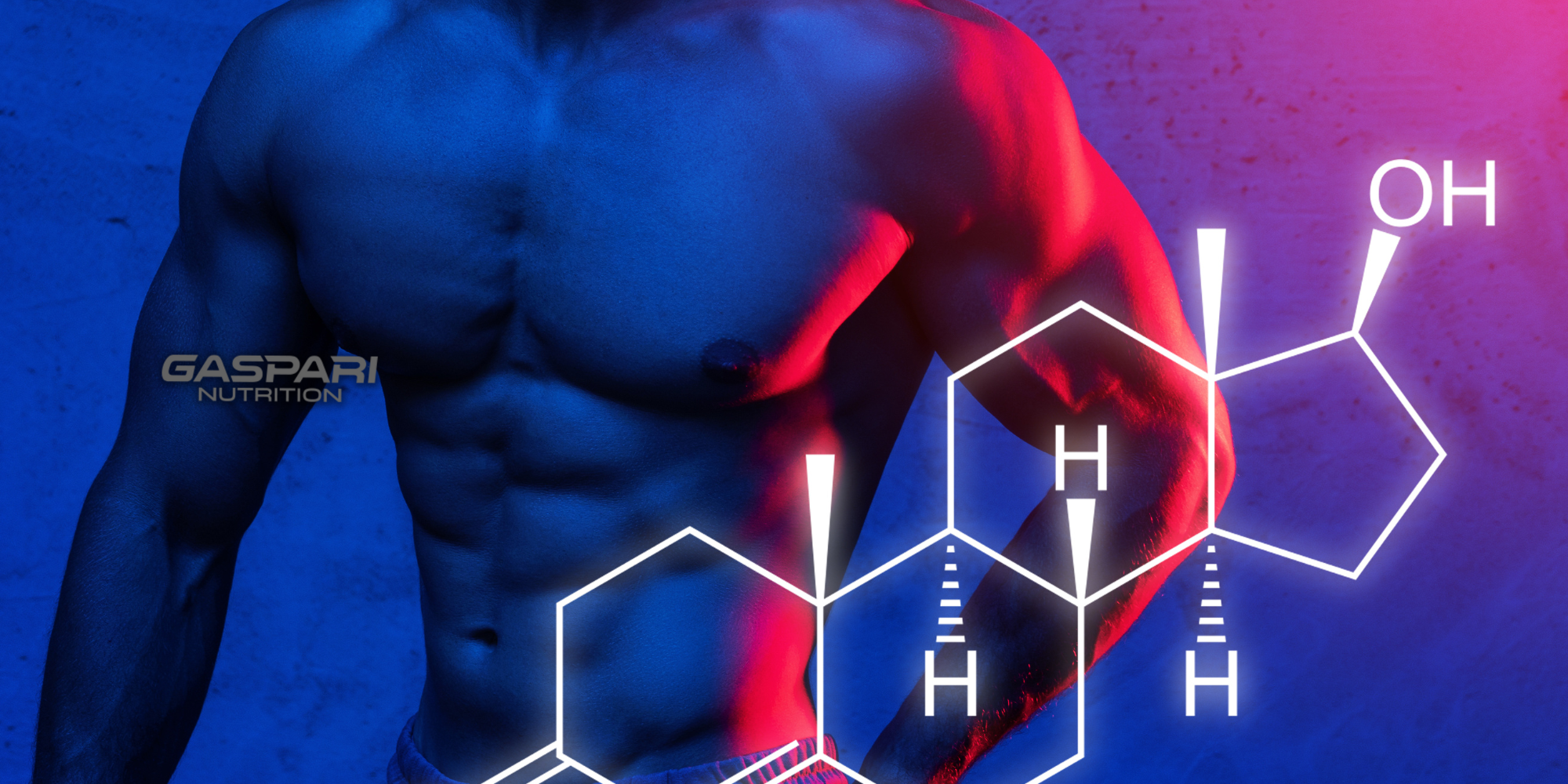Testosterone, often dubbed the "male hormone," plays a crucial role in various bodily functions, including muscle building, maintaining muscle mass, and supporting overall body composition. As individuals age, natural testosterone levels tend to decline, leading to potential muscle loss and changes in body composition. This has led to the rise of testosterone boosting supplements, which are not only popular among fitness enthusiasts but also the anti-aging crowd. In this blog, we will explore the various testosterone boosting supplements available on the market, their common key ingredients, proposed effects, potential side effects, and who should consider using them.
Understanding Testosterone Boosting Supplements
Testosterone boosting supplements are dietary products designed to naturally increase the body's testosterone production. They typically contain a blend of vitamins, minerals, herbs, and other natural compounds known for their potential to support healthy testosterone levels.
Common Key Ingredients in Testosterone Boosting Supplements
D-Aspartic Acid (D-AA)
D-AA is an amino acid that plays a role in the synthesis of testosterone in the testes. Studies suggest that supplementation with D-AA may lead to increased testosterone levels, which can positively impact muscle growth and overall physical performance.
Tribulus Terrestris
Tribulus Terrestris is an herb commonly used in traditional medicine to enhance virility and vitality. Some studies suggest that Tribulus Terrestris may improve testosterone levels in certain populations, though the evidence is not consistent.
Fenugreek
Fenugreek is a herb rich in saponins, which are compounds believed to support healthy testosterone levels. It may also have a positive impact on muscle strength and body composition.
Zinc
Zinc is an essential mineral that plays a vital role in testosterone production. It helps regulate hormone levels and is often included in testosterone boosting supplements to support overall hormonal health.
Vitamin D
Vitamin D is a fat-soluble vitamin that also acts as a hormone in the body. It has been linked to improved testosterone levels, and deficiency in Vitamin D may negatively impact testosterone production.
Ashwagandha
Ashwagandha is an adaptogenic herb known for its stress-reducing properties. Some studies suggest that it may help support healthy testosterone levels, especially in individuals experiencing stress-related hormone imbalances.
Proposed Effects of Testosterone Boosting Supplements
Increased Muscle Mass
One of the main reasons individuals turn to testosterone boosting supplements is the potential for increased muscle mass. Testosterone is a key hormone involved in muscle protein synthesis, which is the process by which muscles repair and grow after exercise. Higher testosterone levels can aid in the recovery and growth of muscle tissue, leading to improved muscle gains.
Maintaining Muscle Mass
As individuals age, natural testosterone levels tend to decline, leading to a gradual loss of muscle mass known as sarcopenia. Testosterone boosting supplements may help slow down this muscle loss and support muscle maintenance in older individuals.
Body Composition Improvement
Testosterone also plays a role in fat metabolism. Higher testosterone levels may aid in reducing body fat and improving body composition by promoting the growth of lean muscle mass.
Anti-Aging Benefits
For the anti-aging crowd, testosterone boosting supplements offer potential benefits beyond muscle growth. These supplements may help improve energy levels, libido, and overall vitality in individuals experiencing age-related testosterone decline.
Potential Side Effects of Testosterone Boosting Supplements
While testosterone boosting supplements are generally considered safe when used as directed, some individuals may experience side effects, especially when taking high doses or for extended periods. Potential side effects may include:
Hormonal Imbalances: Excessive supplementation of testosterone precursors or hormones may lead to hormonal imbalances, potentially affecting natural testosterone production.
Acne and Skin Issues: Increased testosterone levels can lead to the overproduction of sebum, potentially causing acne breakouts and skin issues.
Mood Swings and Irritability: Some individuals may experience mood swings, irritability, or increased aggression while using testosterone boosting supplements.
Prostate Issues: In some cases, excessive testosterone levels may exacerbate existing prostate issues in older individuals.
Sleep Disturbances: Testosterone boosting supplements may interfere with sleep patterns in some users.
Who Should Use Testosterone Boosting Supplements?
Testosterone boosting supplements may be beneficial for individuals experiencing low testosterone levels, particularly those looking to improve muscle mass, maintain muscle in older age, or combat age-related decline in vitality. However, it is essential to consult with a healthcare professional before starting any supplementation, especially for individuals with pre-existing medical conditions or those taking medications.
Testosterone boosting supplements have gained popularity among both fitness enthusiasts and the anti-aging crowd due to their potential benefits for muscle building, maintaining muscle mass, and countering age-related changes. These supplements often contain key ingredients like D-Aspartic Acid, Tribulus Terrestris, and Zinc, known for their potential to support healthy testosterone levels. While testosterone boosting supplements can be beneficial for some individuals, they should be used with caution, and professional guidance is crucial to ensure safe and effective use. With the right approach, these supplements can be a valuable addition to a well-rounded fitness and wellness regimen, promoting vitality and longevity.













































































Share:
Building a Home Gym: Achieve Your Fitness Goals Without Breaking the Bank
.